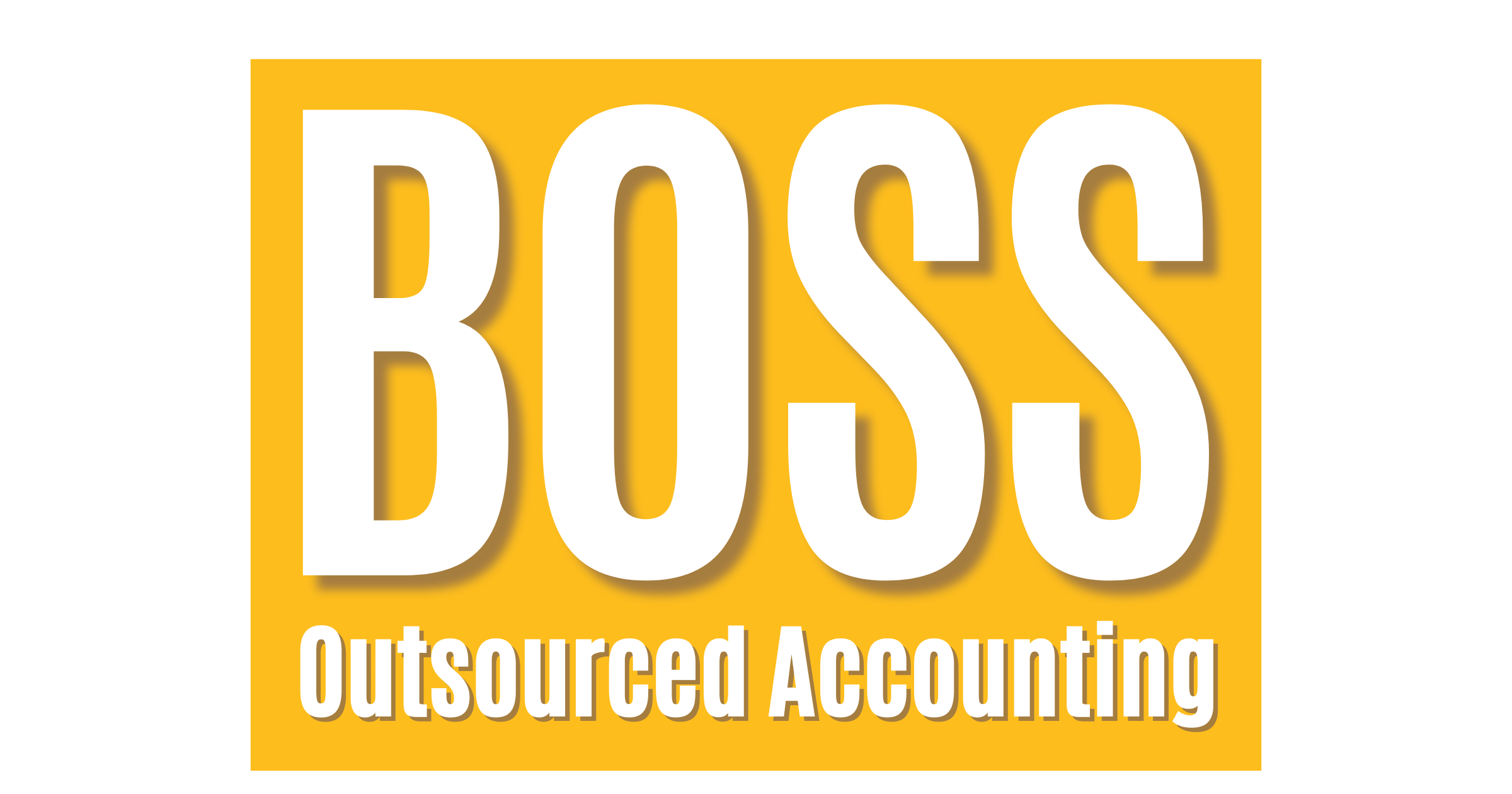Diminished employee morale can significantly impact crucial performance metrics within your organisation, including customer satisfaction, profitability, productivity, quality of output, employee turnover along with related recruitment expenses, absenteeism rates, instances of theft, and workplace accidents.
Team management mastery
Effective employee management is crucial for exceptional leadership. To excel as a leader, it is imperative to hone skills that allow you to understand your team members individually and acknowledge their unique priorities and motivations.
Developing such competencies requires time and dedication. We are committed to supporting your growth in this area by offering actionable tips that you can implement promptly. These strategies are designed to engage your employees on an emotional level, fostering their commitment to the success of your organisation.
- Increase your own positivity.
As a leader, you set the emotional tone for your organisation; your team members are sensitive to this and adjust their sentiments accordingly. If you consistently project a pessimistic view, especially given your comprehensive insight into the company’s operations, it can be challenging for employees to feel confident and secure in their roles.
Maintaining and conveying a positive outlook on a daily basis is crucial. When leaders demonstrate optimism about the progress and potential of the firm, it instils confidence in employees and reinforces their belief that they are contributing to the company’s success. This shared sense of achievement fosters an environment where both individuals and the organisation can thrive.
- Help overwhelmed employees focus on their actual job.
Employees may experience a sense of overwhelm and inadequacy if they are consistently unable to manage their inbox effectively. Such feelings can lead them to believe that they are disappointing their superiors, or in severe cases, jeopardising their positions.
This situation can become exacerbated if employees are burdened with tasks that do not align with their skills or expected roles, which hinders their ability to concentrate on core responsibilities envisioned during the hiring process.
It is essential for an organisation to recognize each employee’s expertise and eliminate any obstacles that prevent them from maximising their contributions. Assigning work relevant to their specialised skill set and outsourcing less pertinent tasks will enhance productivity and add significant value to your firm.
- Pat some backs and shake some hands.
Certainly, individuals receive compensation for their roles within an organisation. However, it is still essential to extend congratulations, gratitude, and recognition when appropriate. Notwithstanding their remuneration, these professionals have the option to contribute to other enterprises; recognizing their efforts reinforces their decision to invest in your vision.
It is critical that such accolades are merited. Offering commendation for routine duties can diminish the value of the acknowledgment. Ensure that praise is reserved for genuinely commendable achievements and contributions.
- Give them their birthday off with pay
Implementing this approach will not only enhance your employees’ satisfaction, but it will also turn them into brand advocates among their peers. By boosting morale in this manner, you are simultaneously achieving a marketing advantage.
- Ask for suggestions
If you have implemented numerous strategies and morale continues to be low, consider organising brief, confidential meetings with employees to explore how their work experience can be enhanced. Encouraging open dialogue may present challenges, as employees might perceive it as a direct critique of their supervisor’s effectiveness. To encourage a more candid exchange, frame the conversation around seeking the employee’s guidance on improving overall team morale. This approach helps depersonalise the feedback and positions the discussion as a collaborative effort towards enhancing workplace atmosphere for all.
- Cut down on emails
Internal emails can occasionally disrupt the workflow, with certain communications—such as critical updates and expressions of gratitude—being well-received. However, requests for immediate responses may induce stress.
To mitigate the overwhelming influx of emails, we propose two strategies: Initially, consolidate information to distribute in just one or two substantial emails daily. While some matters require urgent attention and must be communicated immediately, most information can typically be reserved for these consolidated daily updates.
Alternatively, adopting a workflow messaging application such as Slack or Trello could prove beneficial. These platforms facilitate brief message exchanges that resemble interactive conversations rather than unilateral directives. This approach significantly reduces the stress often associated with receiving numerous emails.
- Let employees be teachers (hobbies)
It is widely recognized that many individuals enjoy teaching subjects they are passionate about. Consider allocating specific times during which employees can share their hobbies or expert knowledge with colleagues. This could range from model building and karate techniques to strategies for budget-friendly travel planning, among other topics.
As an important precaution, if the session involves activities like beer crafting or wine tasting, it is advisable to remind participants to arrange transportation home in advance of the event. This ensures safety and responsibility are maintained at all times.
- Give out bonuses
Imagine you are a young accountant burdened by student debt. Your daily life oscillates between extensive work hours and modest meals, primarily consisting of Ramen noodles. Then, one day, your supervisor acknowledges your exemplary performance on a critical project with a bonus. This financial reward facilitates significant reduction in your debt or perhaps provides an opportunity to enjoy a fine dining experience with your significant other for the first time in a long while.
Such gestures of appreciation not only enhance the employee’s happiness but also cultivate deep gratitude and a strong sense of belonging within the organisation. It is through recognition like this that committed, long-term employees are developed.
- Recognise that employees need lives
If employees are regularly missing significant personal events due to their professional commitments, it may lead to resentment and dissatisfaction. A key component of employee morale is their ability to maintain a healthy balance between work and personal life, encompassing family time, social activities, recreational pursuits, and civic engagement. If your organisation is encroaching upon this balance, it might be prudent to consider outsourcing some tasks. This strategy allows employees to delineate more clearly between their professional responsibilities and personal lives. Ultimately, facilitating a better work-life balance not only enhances individual well-being but also benefits the overall productivity and harmony within the firm.


